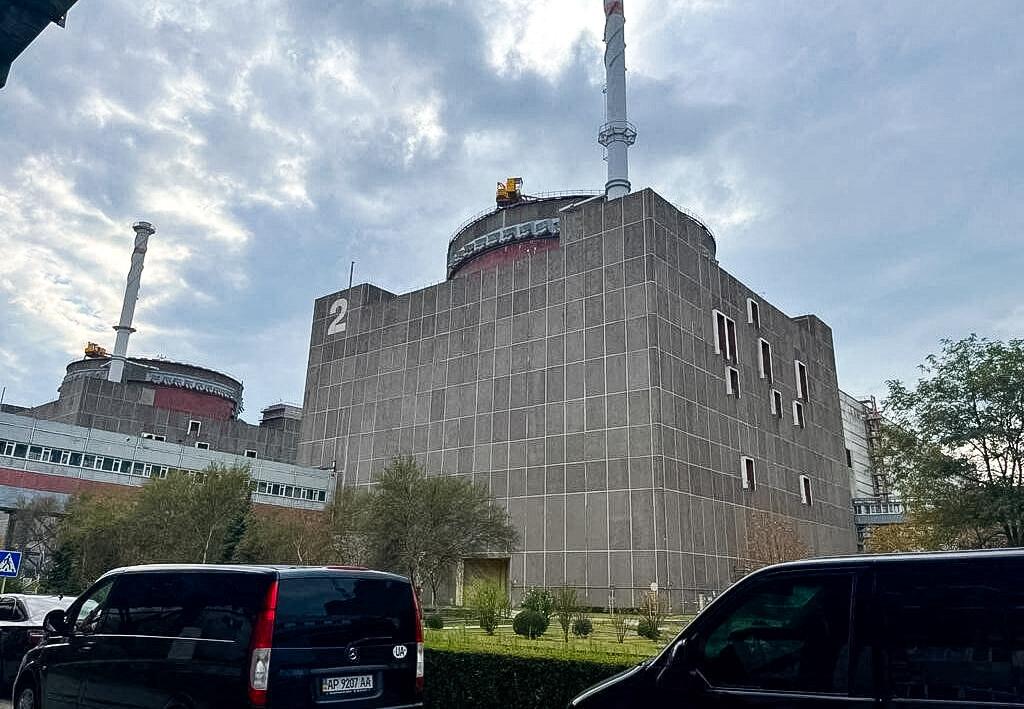Zaporizhzhia Nuclear Power Plant (ZNPP) in Ukraine has come under fresh attack from drone strikes, leading to the head of the U.N.’s atomic watchdog agency to again call on military brass from both sides to abstain from attacking nuclear facilities.
ZNPP, in southeastern Ukraine, is the largest nuclear power plant in Europe and among the largest in the world. Russian military forces captured it in 2022 following the full scale invasion of Ukraine and have remained in control of the plant ever since.





